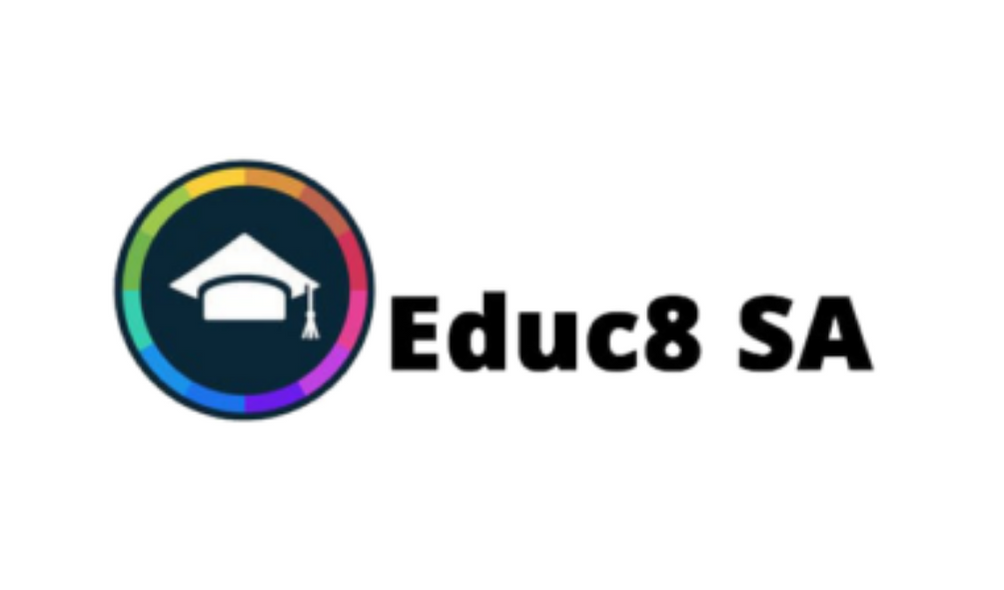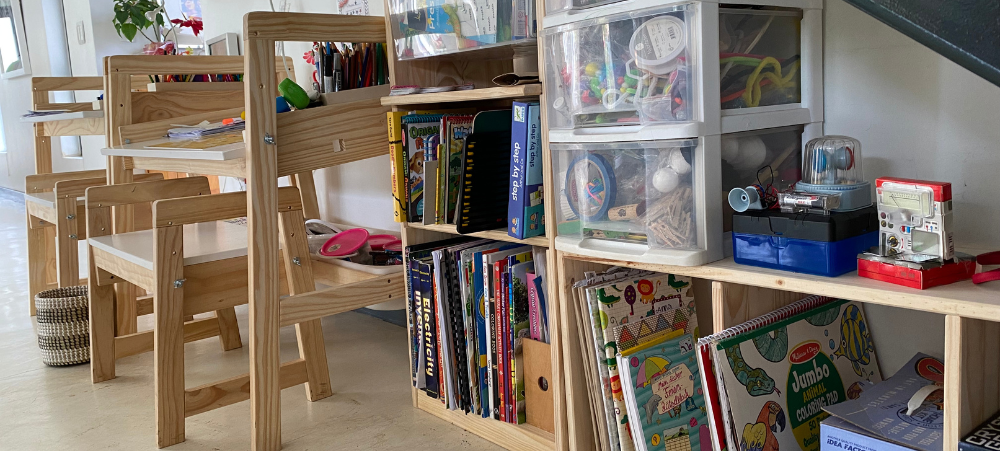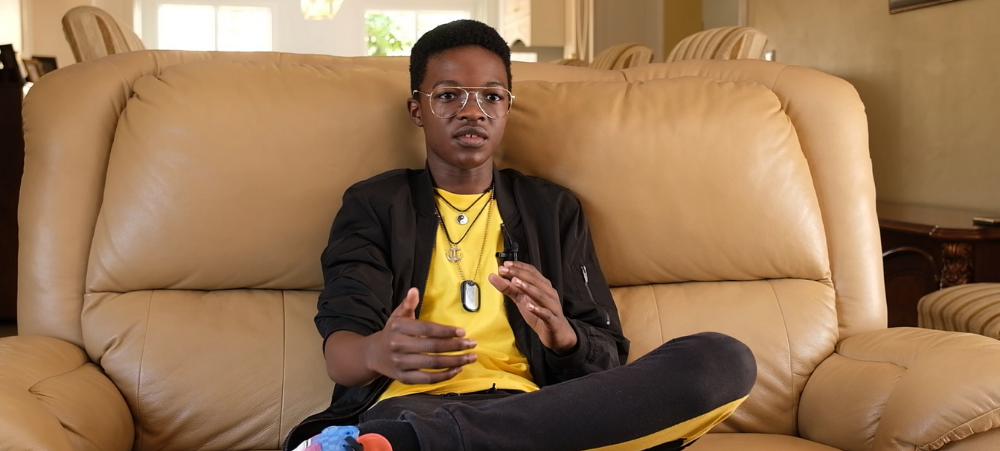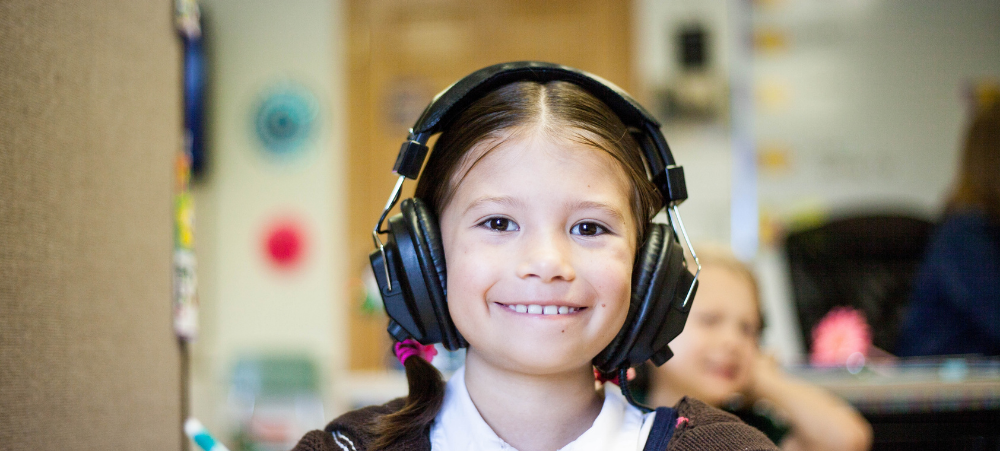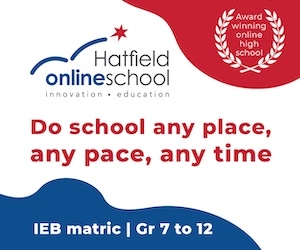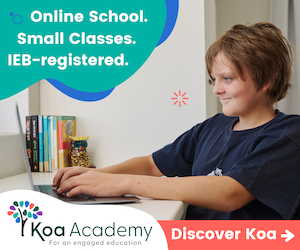In the same way that every person has their own unique set of fingerprints, each person has a unique brain. We all process information and think about things differently. If we didn’t, we’d be robots who all acted the same and were interested in the same things. What a boring world that would be! You may have read the book or watched the movie, Divergent (if you haven’t, spoiler alert!). In the story, the society is split into five factions. The people in each faction share common traits. Most of the people in the society happily fall into one of the five factions and fit into the system. Although, not everyone fits into these rigid categories, they are called the Divergents. Initially, the Divergents are hounded or forced to fit into one of the factions. However, in end the Divergents are actually necessary to save the society. Similarly, many people in society fall into our factions/norms, in terms of how they think, process information and behave somewhat uniformly. They are considered to be neurotypical. People who don’t fit these factions/norms are considered to be neurodiverse. As a disclaimer, the story is a dystopian romance, so we shouldn’t take the metaphor too seriously. What is neurodiversity? Neurodiversity is the idea that certain differences in brain function are not disorders (as previously considered) but actually normal variations in human development. Neurodiversity is an umbrella term for a range of differences in the way some people think and process information. These differences may occur in their social interactions, attention, mood, and/or the way they learn. Neurodiverse people may identify with labels such as ADHD, Autism, Dyslexia, Dyscalculia, and Tourette’s syndrome, among others. Biodiversity is crucial for the health of the natural world, in the same way, neurodiversity is essential for a healthy, functional human society. It is not surprising then that an estimated one in five people may be neurodiverse. Despite this, many neurodiverse people may experience negativity or stigma. Students who are neurodiverse may struggle in the classroom and be labelled as lazy or stupid. This shouldn’t serve as a prediction of lifetime failure though. Being neurodiverse doesn’t mean you can’t succeed and achieve your dreams. There are many famous and successful neurodiverse people, such as Albert Einstein, Billie Eilish, Emma Watson, Simone Biles, Richard Branson, Daniel Radcliff, Steven Spielberg and Steve Jobs, to name a few. In fact, Richard Branson has many positive things to say about dyslexia. In one statement he said: “Don’t be discouraged. Dyslexia is just a different way of seeing the world, a different way of processing information, and a different way of coming up with great ideas. And many of you will discover that it’s actually a superpower that can take you to great heights”. Neurodiverse people may face struggles, but remember it’s not about comparing yourself to others, it’s about being proud of what makes you unique. Strengths of someone who is neurodiverse may include problem-solving, vivid imagination, excellent memory, creativity, and an eye for detail. There are many advantages to being neurodiverse and workplaces that welcome such people are often more successful. This being said, we must remember that every person is an individual, thus we should be careful not to stereotype. Just because you know one person who is neurodiverse, doesn’t mean you know or understand everyone else. Remember to ask someone about themselves and be willing to learn about who they are and how they function, don’t assume you already know. Things to be mindful of Here are some things to be mindful of when engaging with someone who is neurodiverse (or just anyone really): Respect and communicate boundaries. If someone gets overwhelmed, let them leave the situation. If someone tells you they don’t like/want something, stop e.g. touching their fidget toys Realise that behaviour isn’t about you. For example, if someone is struggling to make eye contact or is silent, this may be related to what’s happening internally with them and has nothing to do with you. Don’t fuss over tics or stimming. Tics are sudden and repetitive twitches, movements, or sounds, which are involuntary and uncontrollable. Stimming is repetitive movements or sounds performed to cope with emotions. We all stim (e.g. twisting hair, tapping feet and hands, etc.), but this may be more pronounced in someone who is neurodiverse. Drawing attention to tics or stimming can increase the movements and make the individual feel embarrassed. Every day is different. We all experience mood and energy changes daily. Therefore, we should be mindful that things that were ok yesterday may not be so today. Don’t make fun of someone for being different. Be polite, respectful and patient. Making fun of someone won’t get you ahead in life. Treat others as you would like to be treated Key take away Everyone is different; our uniqueness is important and valuable. Some people have more notable differences, and that’s ok, in fact it can be a great asset. We humans often don’t like things we don’t understand or are different, leading us to judge it. However, just because something is different or unknown to us, that doesn’t make it wrong. Let’s challenge this human instinct and strive to approach people with an open-mind and try to understand things from their perspective. Imagine if we could create a world where we are all free to become the best versions of ourselves. To aid us in achieving this we should heed the words of Gandhi: “if you want to change the world, start with yourself”. If we want a happier and more inclusive society, change has to start with us and the way we choose to interact and learn from those around us. At Wingu Academy we realise that schooling isn’t a one-size-fits-all solution. For this reason we have developed our own unique, research-based teaching methodology to accommodate the every student’s different learning style. Coupled with this approach, we also offer a curriculum enriched with subjects that equip our students with 4IR, soft and life skills to prepare them for
